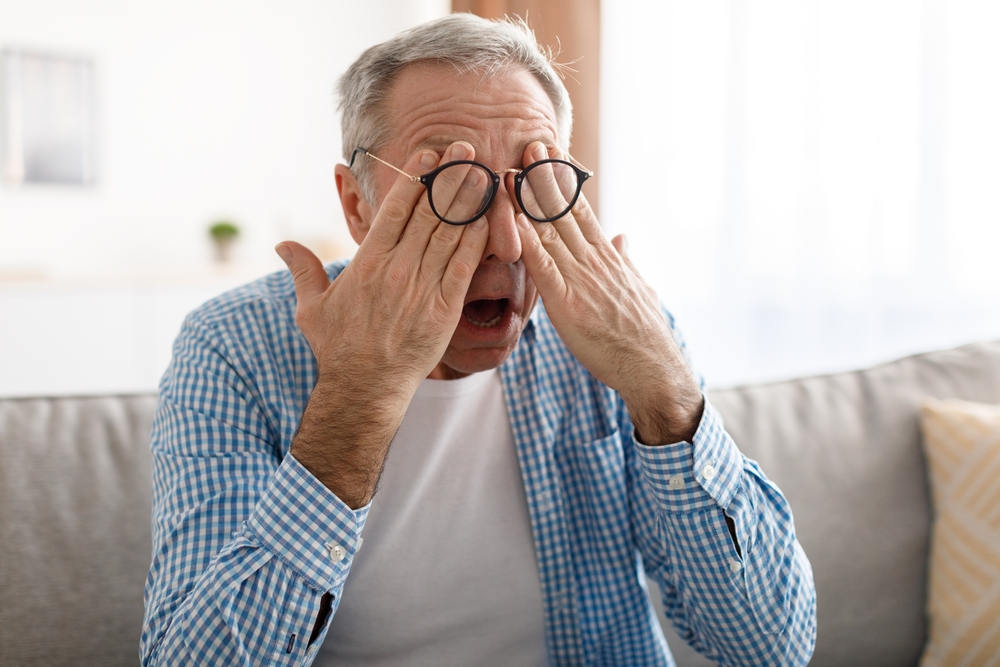
Myopia is a common vision condition that causes distant objects to appear blurry. While genetics play a role, lifestyle choices also have a significant impact on the progression of myopia. As more people, especially children and young adults, spend increased time on screens and indoors, the number of individuals with myopia continues to rise. The good news is that with the right lifestyle adjustments and proactive management, the progression of myopia can often be slowed or stabilized.
Spend More Time Outdoors
One of the most effective ways to prevent myopia from worsening is to increase the amount of time spent outdoors. Natural light and the opportunity to focus on distant objects help the eyes develop in a healthier way. Studies suggest that children who spend at least two hours a day outdoors are less likely to develop progressive myopia.
Reduce Screen Time
Excessive use of digital devices is a major contributor to eye strain and myopia progression. When using phones, tablets, or computers for extended periods, the eyes remain in a constant state of near focus. It is essential to limit screen time and encourage regular breaks using the 20-20-20 rule; every 20 minutes, look at something 20 feet away for at least 20 seconds.
Create a Visual-Friendly Study Environment
Proper lighting, posture, and reading distance all play a role in reducing eye strain. Ensure that your child’s study area is well lit and that books or screens are held at least 14 inches away from the eyes. Avoid reading while lying down or in poor lighting, as these habits can force the eyes to work harder.
Prioritize Eye Exams
Routine comprehensive eye exams are key to detecting changes in vision early and adjusting myopia management strategies accordingly. An optometrist can track eye growth and vision changes over time and recommend personalized treatments to help slow progression.
Explore Myopia Management Options
In addition to lifestyle changes, effective myopia control methods can help manage the condition long term. At Opticore Optometry Group, we offer several evidence-based solutions:
• Orthokeratology (Ortho-K) lenses gently reshape the cornea overnight to temporarily correct vision and may slow myopia progression
• Atropine eye drops at low doses can be prescribed to slow the elongation of the eye that causes myopia
• Multifocal contact lenses provide clear vision while helping manage the progression of nearsightedness
Combining these treatments with supportive lifestyle habits can lead to better long-term outcomes for children and young adults with myopia.
Schedule Your Child’s Eye Exam Today
While myopia is a growing concern, especially in today’s digital age, simple lifestyle adjustments can make a meaningful difference. Spending more time outdoors, reducing screen time, and maintaining good visual habits are all essential steps in protecting your vision. When paired with professional myopia management, these actions can help prevent myopia from worsening over time.
Schedule an eye exam with Opticore Optometry Group to discuss personalized options for myopia management. Contact our office in Chino, Redlands, Fontana, or Riverside, California, by calling (866) 202-2221 to book an appointment today.
Author: Opticor Eye Group











